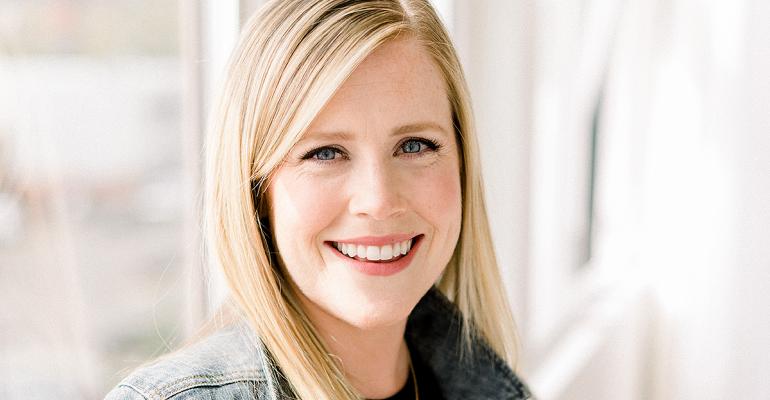Even the best marketing strategies can only go so far in securing new clients. While your outreach efforts are intended to draw interested leads into your sales funnel and generate inquiries, it’s your responsibility to see them through the booking process and have them sign on the dotted line. You may have the best social media content bringing in DMs aplenty, but the game changes when you take the conversation offline and sell your brand in-person.
The sales process bridges a prospect’s inquiry to their booking, but that final decision wholly relies on your ability to demonstrate that you are, in fact, the best choice for them. So, what’s the secret to a failproof sales conversation? How can you effortlessly channel your leads into your sales funnel and through to close the deal?
Keep these tips close as you head into your next sales meeting and watch your prospective clients get excited to book with you.
Respond as soon as possible.
This might go without saying, but your response time can be a make-it-or-break-it factor. Consider the eagerness of someone who is ready to kick off their event planning and begins reaching out to vendors around the market, including you and likely many of your competitors. They’re buzzing with anticipation, compulsively checking their inboxes for responses that will help them take the next step. If you wait around to respond, you’ve already lost the chance to be the first to learn more about their event needs and answer their burning questions.
As they say, the early bird gets the worm and that saying rings true for event inquiries. People will not wait around to hear back from you if your competitor fills in the silence. Make it a point to respond to inquiries within 24 hours at most, but ideally replying as soon as possible. When you do respond, be sure to match their excitement! Whether they’re planning a wedding with their partner or a retirement party for their beloved colleague, you must demonstrate your enthusiasm to meet their energy and show them that you’re going to be as passionate about their celebration as they are.
Harness the power of upfront contracts.
Upfront contracts are intended to prepare your clients for a sales consultation by setting clear and defined expectations for the meeting. An upfront contract does not bind any prospect into a working agreement with you, but rather lays out the sales process for full transparency. Essentially, it operates as a glorified agenda for both parties to follow. It must include basic details, like the location, time, and duration of the meeting. It should also outline the schedule for the meeting, ensuring that it contains all of your clients’ and your expectations to guarantee that all questions and concerns are addressed by the end of the meeting.
While it might seem like a superfluous step, upfront contracts demonstrate to the client that you take their needs seriously and are not roping them into any questionable surprises. On your end, it helps to keep you organized going into a sales consultation by serving as a reminder of the necessary points you need to cover before ending the meeting. Ultimately, upfront contracts are a great way to start out a client relationship from a place of transparency and trustworthiness.
Encourage your prospective clients to talk openly.
Once you get your prospects on the other side of the table (or computer screen), that’s when the magic happens. You might be tempted to dive right into a spiel about all of the benefits of working with your brand, complete with albums of beautiful designs and swatches. Yet, while clients do want to know you’ve done good work in the past, they particularly want to know that you’ll be good at what they want.
Thus, the best salespeople spend more time actively listening than talking up their work. By the time you’re in a sales consultation, your prospect has already done their research. They’ve looked at your portfolio online, read your reviews, and scrolled through your social media. At that point, they are wondering how your online persona translates to their specific event vision. Of course, you can’t help them see that without knowing what it is they want.
Open up the floor and let them talk about their vision in full detail. If they seem uncertain or hesitant to offer details, use guiding questions to help them put their thoughts into words. Ask them about events they’ve attended and the details that have caught their eye the most. Show them some photos on Pinterest and let them tell you what they like and dislike about it. Learn their favorite colors, music genres, movies, and foods. The more you get someone talking, the more they’ll trust you—and the better you’ll be able to match your services to their needs.
It may be easy to think that shoveling dollars towards advertising campaigns and other tactics, marketing is only one piece of the puzzle. You have to do more than attract your leads, you need to win them over—and, with a thoughtful and intentional sales process, you will do just that.





